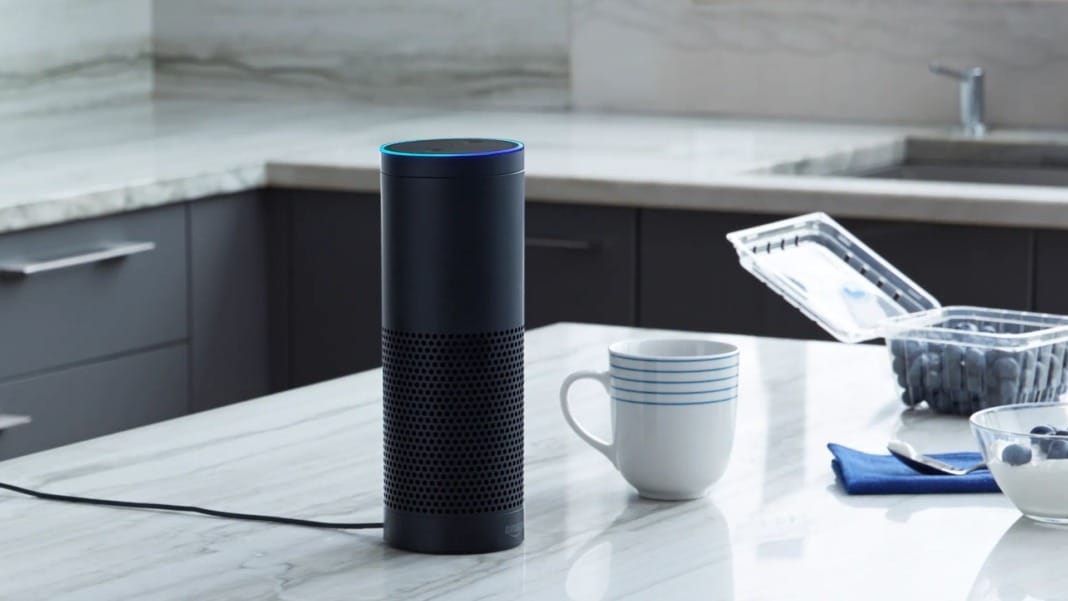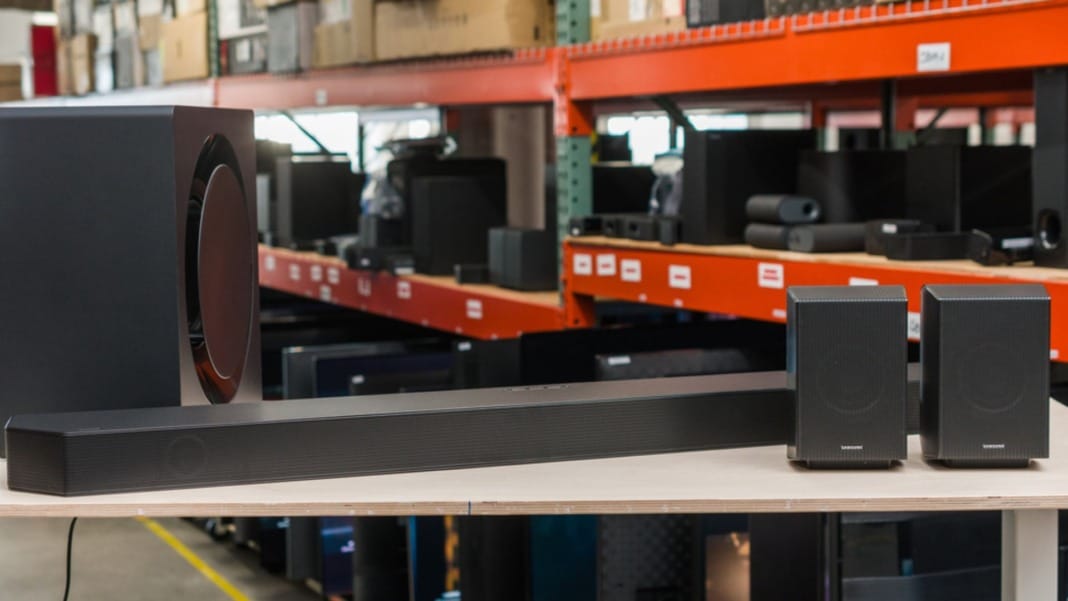Amazon Echo users will soon lose the ability to process their Alexa voice requests locally. Starting March 28, all voice recordings will be sent to Amazon’s cloud, removing an existing privacy feature that allowed users to opt-out.
According to a report by Ars Technica, Amazon has informed customers via email that it will no longer support the “Do Not Send Voice Recordings” option on Echo smart speakers and displays. This change means that every interaction with Alexa will be stored and processed in Amazon’s cloud rather than locally on the device.
Amazon justifies change with AI advancements
In the email, Amazon explained the decision by pointing to improvements in Alexa’s capabilities. “As we continue to expand Alexa’s capabilities with generative AI features that rely on the processing power of Amazon’s secure cloud, we have no longer decided to support this feature,” the company stated.
This move comes as Amazon introduces a new version of its AI-powered voice assistant, Alexa+. The updated assistant is designed to deliver more advanced responses using generative AI technology. However, it also raises concerns among users who prioritise privacy and data security.
Privacy concerns and regulatory scrutiny
Amazon has faced ongoing scrutiny over Alexa’s privacy practices. In 2023, the company agreed to pay a US$25 million settlement with the Federal Trade Commission (FTC) over allegations of mishandling children’s privacy. The settlement addressed concerns that Amazon retained children’s voice recordings and location data longer than necessary, violating US federal regulations.
The decision to remove the “Do Not Send Voice Recordings” option is expected to reignite debates about consumer privacy. While Amazon assures users that its cloud-based processing is secure, some may question whether the trade-off between enhanced AI capabilities and reduced privacy is worth it.
As of March 28, all Echo users will have to rely entirely on Amazon’s cloud for processing voice commands, marking a significant shift in how Alexa operates. Users concerned about privacy may need to reconsider using Echo devices or explore alternative smart assistant options.





